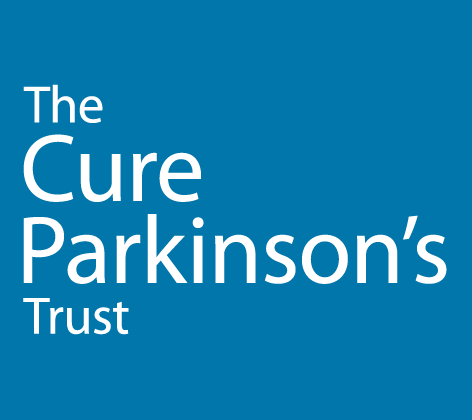Discovering the genetics of age at onset through the power of large numbers
Original article: Parkinson’s disease age at onset genome-wide association study: Defining heritability, genetic loci, and alpha-synuclein mechanisms, Movement Disorders: April 7, 2019.
The takeaway
A specific set of genes have been shown to be associated with the age at onset for Parkinson’s in what is the largest ever genetics dataset.
Why is it important?
These findings provide important support for directing efforts in developing disease modifying drugs that target alpha synuclein misfolding and clearance.
%
IMPACT
- Novelty 90%
- Proximity 70%
- Deliverability 50%
Impact Opinion
“We have known for 20 years that genetics can influence one’s risk of developing Parkinson’s, but this is the first time researchers have explored the idea of a genetic influence on the age of onset. And the finding that many of the known risk factors have little or no impact on age of onset is fascinating. This information is very useful as the research community focuses on the early/prodromal (pre-diagnosis) phase of Parkinson’s. By identifying individuals at risk of Parkinson’s earlier, there could be a better chance of slowing or preventing the condition. In addition to disease halting therapies, a better understanding of the genetics of the age of onset will be critical to those efforts.”
Background
Over the last 20 years, researchers and clinicians have been working intensively to understand the role that genes play in determining who develops Parkinson’s, and the different ways that they influence progress. We know that there are certain genes which, when mutated, can on their own cause Parkinson’s. But monogenic Parkinson’s is seen in only 1-5% of all cases, who are mostly young (<40 years of age) at onset.
What is unknown, however, is the role of genetics in determining the age at onset in sporadic Parkinson’s, that is, most other cases. We know that variations in some genes (like SNCA, GBA and LRRK2) increase the risk of developing both young and late onset forms of Parkinson’s, but does genetics also influence the age of onset? Currently, the age of onset is predicted based on an overall genetic risk score for Parkinson’s (based on known genetic risk factors), implying there is an overlap between how heritable Parkinson’s is, and the age at which it onsets.
The details
Given how variable Parkinson’s is and how complex its genetic picture is at present, researchers from the International Parkinson’s Disease Genomics Consortium (IPDGC) joined forces with 23andme, a personal genetics company, to create the largest ever genetic dataset of people with Parkinson’s. Individuals were recruited and invited to share their data through e-mail campaigns in conjunction with the Michael J. Fox Foundation or other partners, patient groups, and clinics. The data of 17 IPDGC independent cohorts and the 23andme dataset were combined into a single large dataset of 28,568 people who were diagnosed with Parkinson’s or reported that they had been diagnosed with it.
This genome wide association study (GWAS) reported that two genes which are known to be involved in alpha-synuclein misfolding, SNCA and TMEM175, modified the age of onset. In addition, GBA, SCARB2, and BAG3 were also identified, though their effects did not quite survive statistical correction. Three genes (MAPT, PARK16 and GCH1) which had previously been identified by smaller studies were not found to affect age at onset. In addition, this study found that although a higher genetic risk score does correlate with how early in life Parkinson’s begins, it is only a subset of the susceptibility genes that determine age at onset.
Next steps
Future studies could integrate more specific and predefined symptoms as criteria for age at onset, across both large research cohorts but also in health care systems more widely to further refine our understanding of age at onset in Parkinson’s.
Original article: Parkinson’s disease age at onset genome-wide association study: Defining heritability, genetic loci, and alpha-synuclein mechanisms, Movement Disorders: April 7, 2019. Blauwendraat, C., Heilbron, K., Vallerga, C. L., Bandres-Ciga, S., von Coelln, R., Pihlstrom, L.,… International Parkinson’s Disease Genomics, C.



